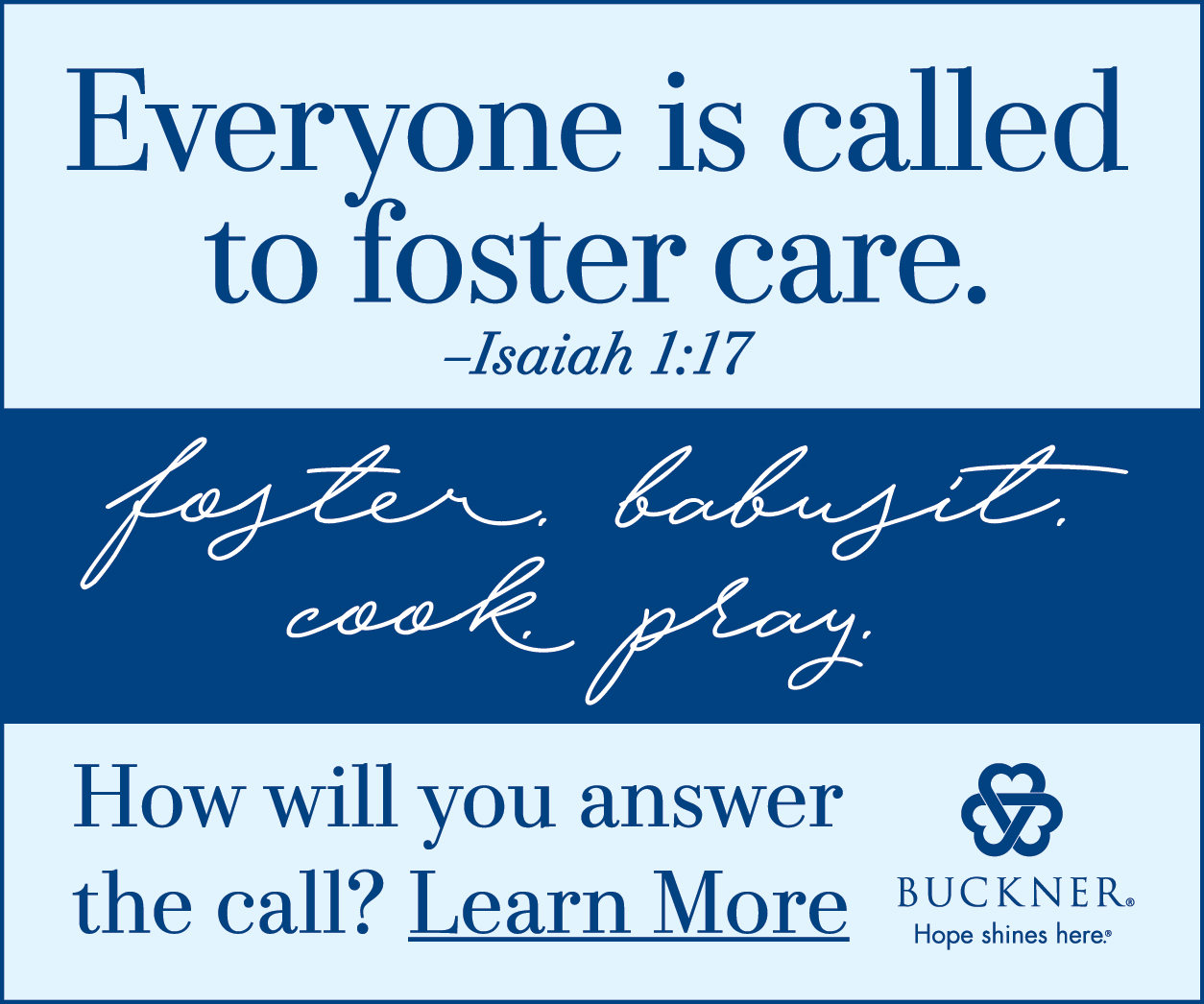Posted: 6/23/06
RIGHT OR WRONG?
Approach to ethical decision making
Christians should consider the Bible as a primary resource, but is there any basic approach—ethical theory—that can assist me in making ethical decisions?
Ethics can be approached from three basic, theoretical angles. The deontological approach considers our duty or obligation. It asks, “What must I do?” The teleological angle is pragmatic and considers the consequences of actions. It asks, “What will work?” And the relational approach factors the effects of actions upon others. Due to space limitations, let’s consider the first approach—duty or obligation
This theory of ethics can be attractive to us for at least these reasons: First, it addresses our need to do something in a given circumstance; it is tangible. Second, it considers how our values shape our decisions. Third, it factors our sense of duty as we act on behalf of the right and the good in this world.
One of the premiere spokespersons for this approach has been W.D. Ross, a British moral philosopher. Ross termed his approach prima facie ethics or duties. Prima facie comes from Latin and essentially means “on the face of it” or “the first appearance.”
Ross says we should consider the following seven duties as we make decisions ethically. I will add biblical-theological themes. Perhaps they will help you think about how you can use duty theory in your life.
• Fidelity. The appeal is to keep our promises, being honest, stay with contracts. Of course, the other side of this approach is not to be deceptive and not to lie. (Being people known by our promises is both Old Testament and New Testament in force.)
• Reparation. Inevitably in this life, we cause injury to other people or things. This duty calls us to repair injuries and offer care for those who have been hurt by our actions. (Several points of the Torah, the first five books of the Old Testament, illustrate literal reparation with regard to livestock, for example. Jesus provided counsel toward how to relate to people whom we have harmed or who have harmed us.)
• Gratitude. Good things come to us. We have a duty to respond with appreciation. (Our thanks to God for the blessings of life are acts of worship. Our appreciation to others fortifies our relationships.)
• Non-maleficence. “Do no harm” is a concrete way to state this duty. (The latter Ten Commandments consider “no harm” issues. Jesus developed these further in the Sermon on the Mount.)
• Beneficence. This duty leads us not only to just do no harm, but also to do what is good on behalf of others. (Love one another.)
• Self-Improvement. We have a responsibility, a stewardship, toward being the best self we can be. (Love your neighbor as yourself.)
• Justice. Playing fair is more than a schoolground cry, but also one of the duties placed on our actions. (“Let justice roll down like the waters.”)
Although we may begin with any one of these duties named by Ross, we will discover each leads to the others as we seek to implement them. And although these duties can be helpful to us for our decision-making, the other two major theories are needed. They will be developed at a later time.
Bill Tillman, T.B. Maston Professor of Christian Ethics
Logsdon Seminary
Hardin-Simmons University
Abilene
Right or Wrong? is sponsored by the T.B. Maston Chair of Christian Ethics at Hardin-Simmons University’s Logsdon School of Theology. Send your questions about how to apply your faith to btillman@hsutx.edu.















We seek to connect God’s story and God’s people around the world. To learn more about God’s story, click here.
Send comments and feedback to Eric Black, our editor. For comments to be published, please specify “letter to the editor.” Maximum length for publication is 300 words.